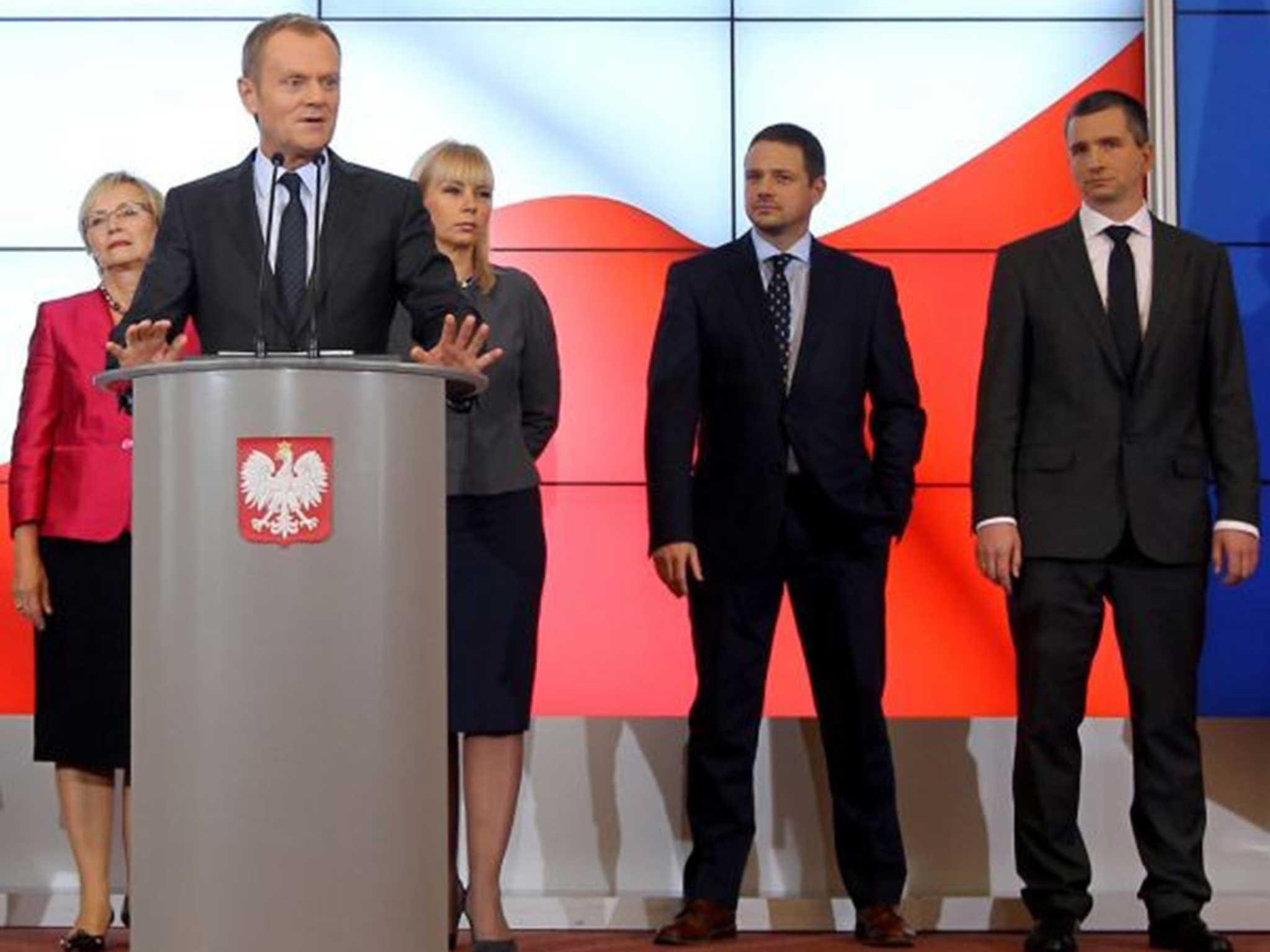Poland is open to dialogue but EU benefits restrictions are illegal and unfair
"This proposal is not only against the existing EU law, but it is simply unfair"

“We are Great Britain because of immigration, not in spite of it” – said Prime Minister Cameron in his November 28 speech. Indeed, immigration is not a burden to the British economy. On the contrary, free movement of people, one of the single market fundaments, brings benefits both to the British citizens and economy, and to the EU as a whole.
Overall, migrant workers from EU countries are net contributors to the UK’s welfare system – they pay more in tax and contributions than they receive in social security benefits. According to newly presented independent data, the positive net fiscal contribution of recent migrants since 2000 from the Central and East European accession states, including Poland, amounts to approximately £5bn. As Prime Minister Cameron himself pointed out, immigrants have contributed to the success of the UK. A report published this year by the Centre for Entrepreneurs suggests that immigrants are responsible for creating 14 per cent of the jobs in the UK and Poles are on the sixth place among the most entrepreneurial nations in the UK.
Not only figures and reports stand behind that statement but the everyday life and work of EU migrants, who fulfill their responsibilities. And responsibilities come with rights, including access to social security benefits which they are entitled to under the British and EU law.
The indivisible four freedoms, the fundament of the EU, have been elaborated and agreed upon by all member states, including the UK. Yet the proposals set out by Prime Minister Cameron could deprive EU migrants of the rights guaranteed to them by the EU rules. We have recognized that ultimately Mr Cameron did not reach for far more radical concepts of such as national quotas. There is however a red line we cannot allow ourselves to cross and that is discrimination against EU citizens. Otherwise we risk not only failing our citizens, but also clipping the EU's wings.
However, just for the sake of argument, let’s assume that the UK introduces a four-year ban on access to some of the benefits for the EU migrants. What would it actually mean in practice? EU migrants work and contribute to the British economy, pay taxes and contributions just as other British workers do, yet they do not have the same safety net. This proposal is not only against the existing EU law, but it is simply unfair.
Poland, being part of the EU community built on a compromise, is open for dialogue with its partners, just as the UK is. We are fully committed to discussing the question of fraudulent claims, though we need to remember that it doesn’t only concern migrants, but society as a whole. Knowing full well that abuses are marginal, we should together find the best possible solutions to tackle this problem while respecting the fundamental values and objectives of the European integration. Especially as there are so many common interests—facilitating provision of services, creating a digital single market, cutting red tape to name just a few—that Poland and the UK jointly push forward on the EU agenda.
Indeed, the EU is a complicated structure, but flexible enough to adapt to the challenges of today. The same applies to the rules governing the freedom of movement. EU laws give member states sufficient room for maneuver to handle effectively any abuses on the national level. The recent ruling of the European Court of Justice highlighted some of the flexibilities inscribed in the EU system. It demonstrated that a member state indeed can refuse to grant benefits to anyone who moved in with no intention of finding employment. The bottom line is, it is not the time for a treaty change. Moreover, no such change is needed.
The EU single market, which is so close not only to Poland’s but also the UK’s heart, is not about choosing one freedom over another. It works only when treated as a whole package of mutually reinforcing freedoms. In a wider perspective it is about the core values that the EU is based on. Questioning the freedom of movement would make the Union weaker, internally split and much less attractive place for the talented newcomers. In what position would that put us in a global race for talent?
Rafal Trzaskowski is Poland's Secretary of State for European Affairs

Join our commenting forum
Join thought-provoking conversations, follow other Independent readers and see their replies